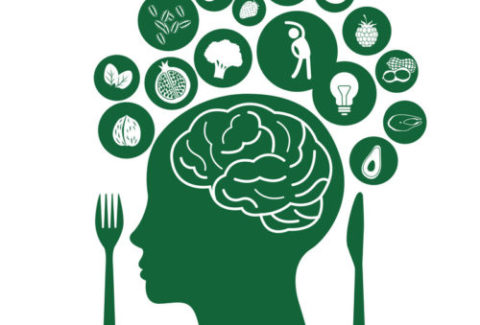The Gut Connection: How Many Diseases Begin in the Gut
Introduction
For centuries, the human gut has been regarded as the epicenter of well-being[1]. From Hippocrates’ famous declaration that “all disease begins in the gut” to modern scientific discoveries, the intricate relationship between gut health and overall well-being is undeniable. This article delves into the fascinating world of the gut microbiome and explores the concept that many diseases may indeed originate in the gut.
The Gut Microbiome: A Hidden Universe:
The Microbial Ecosystem and The Balancing Act:
The human gut is home to trillions of microorganisms, collectively known as the gut microbiome. These microorganisms include bacteria, viruses, fungi, and other microbes. They play a crucial role in digestion, immune function, and overall health[2]. A balanced gut microbiome is essential for good health. An imbalanced gut microbiome is often referred to as dysbiosis[3] and can lead to a host of health issues.
Diseases Linked to Gut Health
Digestive Disorders, Autoimmune Conditions, Allergies and Skin Conditions:
Unsurprisingly, gut health is closely linked to digestive disorders like Irritable Bowel Syndrome (IBS), Crohn’s disease, and Celiac disease. Emerging research suggests that autoimmune diseases[4], such as rheumatoid arthritis and multiple sclerosis, may have their roots in gut dysbiosis. Further, allergies, eczema, and other skin conditions[5] have also been linked to gut health, emphasizing the body’s interconnectedness.
Mental Health[6], Obesity and Metabolic Disorders:
The gut-brain connection is a hot topic in psychology, psychiatry, and the whole mental health field. Conditions like depression, anxiety, and even neurodegenerative diseases are being studied for their association with gut health. An imbalanced gut microbiome can influence metabolism and lead to conditions like obesity[7] and type 2 diabetes. Paying attention to the gut is more important than it may initially appear.
How Do We Translate This into Practical Application?
The answer lies in healthy eating, probiotics and supplements, and stress management.
Consuming a diet rich in fiber, fermented foods, and prebiotics can promote a healthy gut microbiome[8]. On the other hand, excessive consumption of processed foods and sugar can disrupt the balance. Probiotic supplements and targeted interventions can help restore gut health, especially after antibiotic use or illness. Chronic stress can also negatively impact the gut. Managing stress through relaxation techniques and mindfulness can, therefore, have an optimal influence.
Conclusion
The idea that many diseases begin in the gut is not just an age-old adage; it’s a scientific reality. The gut microbiome is a dynamic and influential ecosystem, impacting not only digestive health but also the entire body. Understanding the delicate balance of this hidden universe and taking proactive steps to support it can be a key factor in preventing and managing a wide range of diseases. As the scientific community continues to unravel the mysteries of the gut, the importance of maintaining gut health is more apparent than ever.
[1] Turroni, Francesca, et al. “The infant gut microbiome as a microbial organ influencing host well-being.” Italian journal of pediatrics 46.1 (2020): 1-13.
[2] Shanahan, Fergus, Tarini S. Ghosh, and Paul W. O’Toole. “The healthy microbiome—what is the definition of a healthy gut microbiome?.” Gastroenterology 160.2 (2021): 483-494.
[3] Das, Bhabatosh, and G. Balakrish Nair. “Homeostasis and dysbiosis of the gut microbiome in health and disease.” Journal of biosciences 44 (2019): 1-8.
[4] Xu, Huihui, et al. “The dynamic interplay between the gut microbiota and autoimmune diseases.” Journal of immunology research 2019 (2019).
[5] De Pessemier, Britta, et al. “Gut–skin axis: current knowledge of the interrelationship between microbial dysbiosis and skin conditions.” Microorganisms 9.2 (2021): 353.
[6] Lee, Sung-Ha, et al. “Emotional well-being and gut microbiome profiles by enterotype.” Scientific Reports 10.1 (2020): 20736.
[7] Kim, Mi-Hyun, et al. “Gut microbiota and metabolic health among overweight and obese individuals.” Scientific Reports 10.1 (2020): 19417.
[8] Wilson, Annette S., et al. “Diet and the human gut microbiome: an international review.” Digestive diseases and sciences 65 (2020): 723-740.









